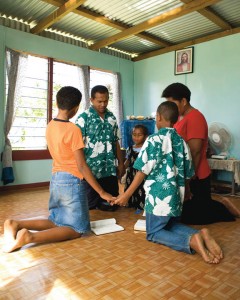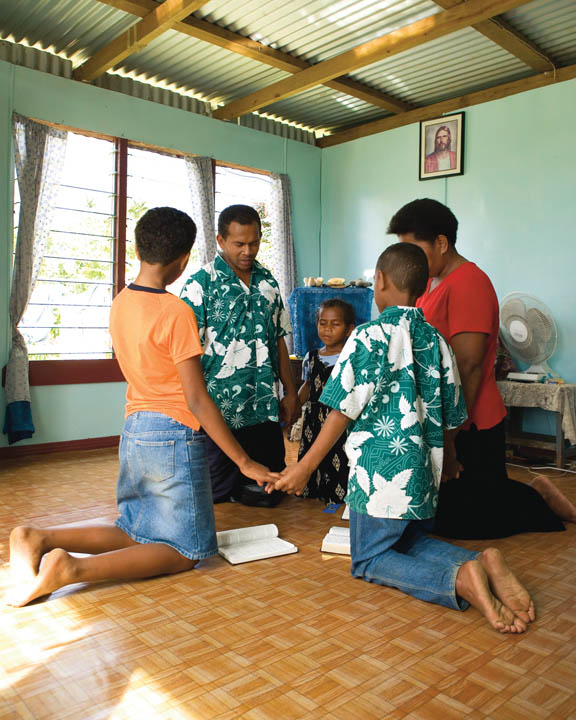As the prophet Lehi, sent from Jerusalem with his family to a land of promise in the Americas, lay dying, he spoke to each of his sons, giving them his final words of advice. Jacob, the second youngest, had never known the life of privilege the older boys had enjoyed before their father led them away, leaving all their wealth behind. He was the first of two sons born in the wilderness. For Jacob, a life in the wilderness was a natural thing, not an unusual trial. The division that was occuring in the family, because his two oldest brothers tried to punish the family for giving up a life of privilege, was forcing people to choose sides. Jacob, young and faithful, sided with his parents and his older brothers, Nephi and Sam. Nephi would become the prophet after his father’s death, and Sam, his next oldest brother, humbly accepted Nephi’s divinely chosen place.
 Lehi was pleased with how Sam was turning out. It hadn’t been an easy life for the boy, having lived his childhood with two older brothers bent on murdering the brother they loved, and even trying to kill or harm their parents. It was, in modern terms, a dysfunctional family, but only due to the selfish choices of the two oldest sons. In spite of all this, Jacob was growing up well.
Lehi was pleased with how Sam was turning out. It hadn’t been an easy life for the boy, having lived his childhood with two older brothers bent on murdering the brother they loved, and even trying to kill or harm their parents. It was, in modern terms, a dysfunctional family, but only due to the selfish choices of the two oldest sons. In spite of all this, Jacob was growing up well.
“And now, Jacob, I speak unto you: Thou art my first-born in the days of my tribulation in the wilderness. And behold, in thy childhood thou hast suffered afflictions and much sorrow, because of the rudeness of thy brethren.
Nevertheless, Jacob, my first-born in the wilderness, thou knowest the greatness of God; and he shall consecrate thine afflictions for thy gain. –2 Nephi 2:2.
Most of us go out of our way to avoid trials. The moment they begin, we plead for them to end. Some people complain and blame God, feeling He owes them a trial-free life. Lehi’s prophecy, however, shows us a different attitude toward trials. He promised Jacob that his trials would be consecrated. Consecration is yielding oneself up to God. In this case, Jacob’s trials would consecrated to help him—not in any worldly way, but in a spiritual way.
Although we can seldom see it during the trial, when we’re wrapped up in survival, later, the blessings of trials often become clearer to us. I remember once, years ago, when I was told through inspiration that although I’d have many trials, there was going to come a time in my new calling (unpaid church jobs) when I would use every one of those trials to help another. My calling was Compassionate Service Leader, which means I organized all the service that needed doing. In the course of my work, I really was called on to use all my past trials, including some I’d forgotten. Often the job consisted of sitting with and listening to or comforting someone facing a trial or a sadness. I was often able to say, “I’ve been there,” and to have some sense of what they were facing and what options were available to them.
Many of my trials have brought me closer to my Heavenly Father or strengthened me. They’ve made me more compassionate. When I take time, both during and after the trial, to analyze what I’ve learned and how God was there to help me through them, I grow in my ability to live a Christ-like life and to accomplish the goals my Heavenly Father has for me.
Jacob would go on to play an important role in the new homeland. The trials he faced as a child gave him courage, perseverance, and leadership skills. He had a terribly challenging childhood, one that some might have used as an excuse for going bad or giving up. Instead, Jacob accepted the promise made to him by his father and consecrated his trials for his own gain.
The late Terrie Lynn Bittner—beloved wife, mother, grandmother, and friend—was the author of two homeschooling books and numerous articles, including several that appeared in Latter-day Saint magazines. She became a member of the Church at the age of 17 and began sharing her faith online in 1992.


